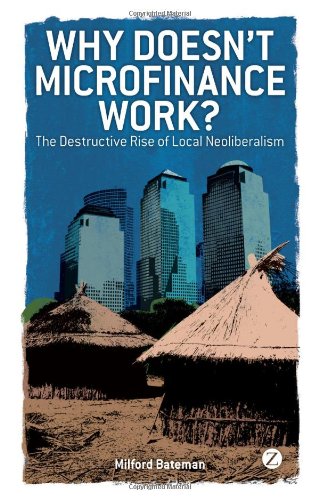

Most ebook files are in PDF format, so you can easily read them using various software such as Foxit Reader or directly on the Google Chrome browser.
Some ebook files are released by publishers in other formats such as .awz, .mobi, .epub, .fb2, etc. You may need to install specific software to read these formats on mobile/PC, such as Calibre.
Please read the tutorial at this link: https://ebookbell.com/faq
We offer FREE conversion to the popular formats you request; however, this may take some time. Therefore, right after payment, please email us, and we will try to provide the service as quickly as possible.
For some exceptional file formats or broken links (if any), please refrain from opening any disputes. Instead, email us first, and we will try to assist within a maximum of 6 hours.
EbookBell Team

4.4
102 reviewsSince its emergence in the 1970s, microfinance has risen to become one of the most high-profile policies to address poverty and under-development in developing and transition countries. It is beloved of rock stars, royalty, movie stars, high-profile politicians and ''trouble-shooting'' economists. Its most famous pioneer, Muhammad Yunus, was awarded the Nobel Peace Prize in 2006.
In this provocative and controversial analysis, Milford Bateman reveals that microfinance doesn't actually work. That, in fact, the case for it has largely been built on a desire to advance a particular free market ideology, on hype and egregious half-truths, and -- latterly -- on the Wall Street-style greed, deception and individual self-interest of those promoting and working in microfinance. Using a multitude of case studies from across the globe -- from India to Cambodia, Bolivia to Uganda, Serbia to Mexico amongst many others -- he exposes why many of its most fundamental building blocks are largely myths. In doing so, he demonstrates that microfinance actually constitutes a major barrier to sustainable economic and social development, and thus also to sustainable poverty reduction.
As developing and transition countries attempt to repair the devastation wrought by the global financial crisis, Bateman argues forcefully that the role of microfinance in development policy needs to be urgently and fundamentally reconsidered.